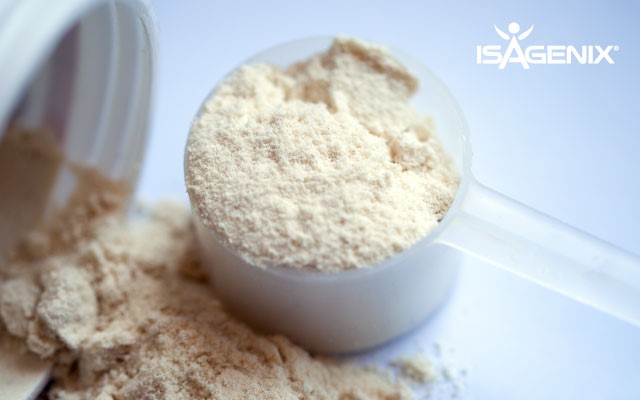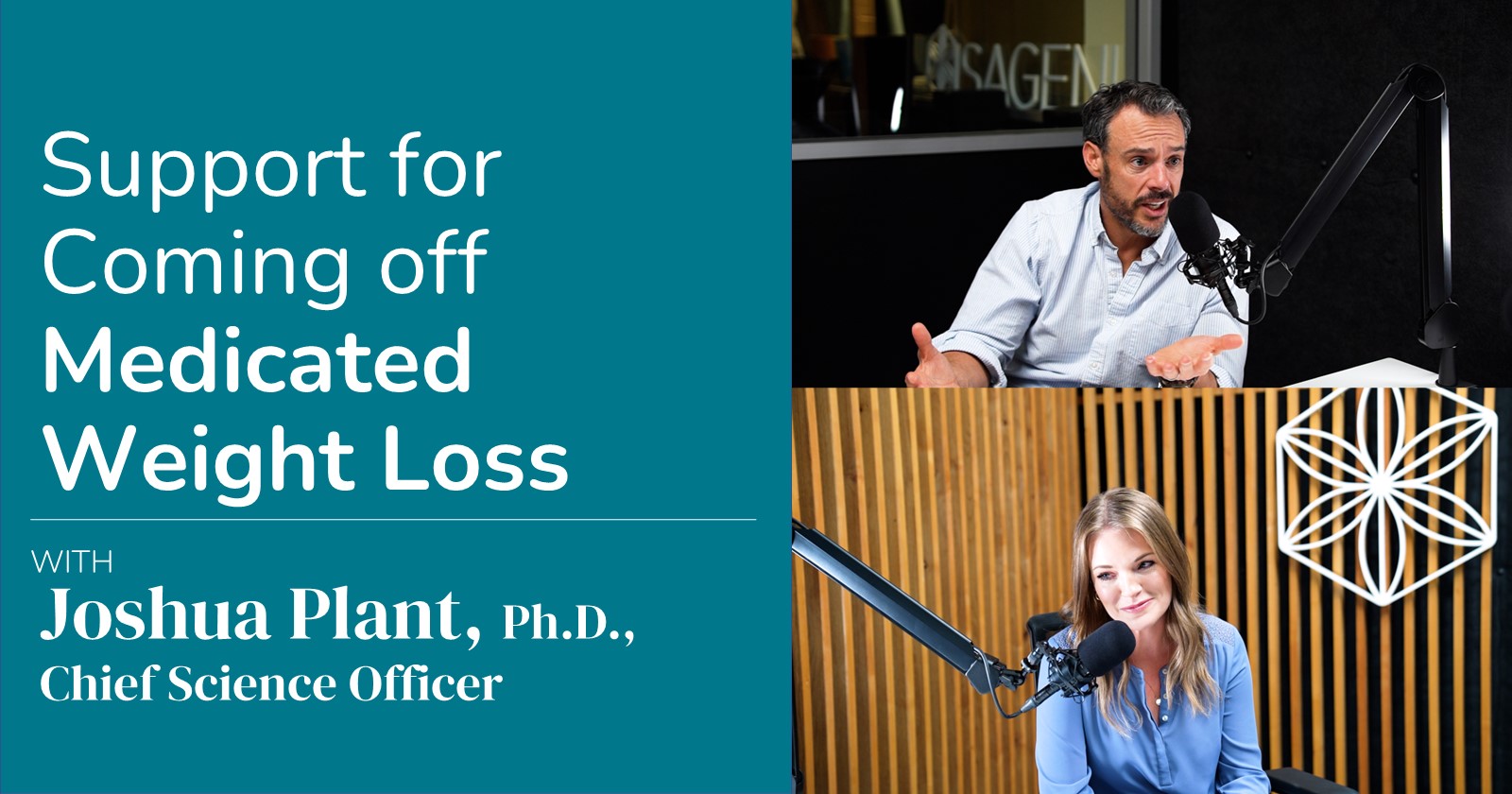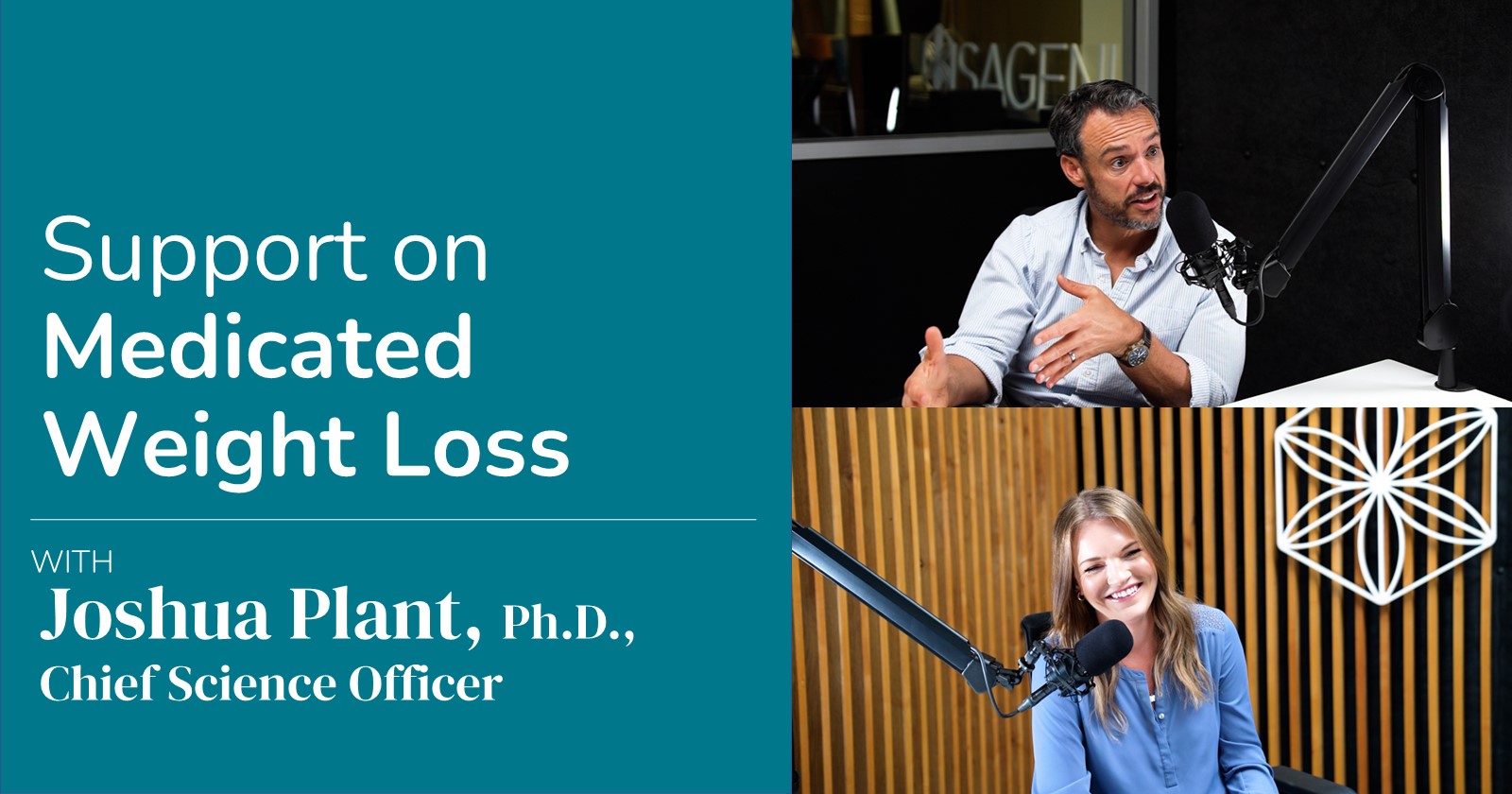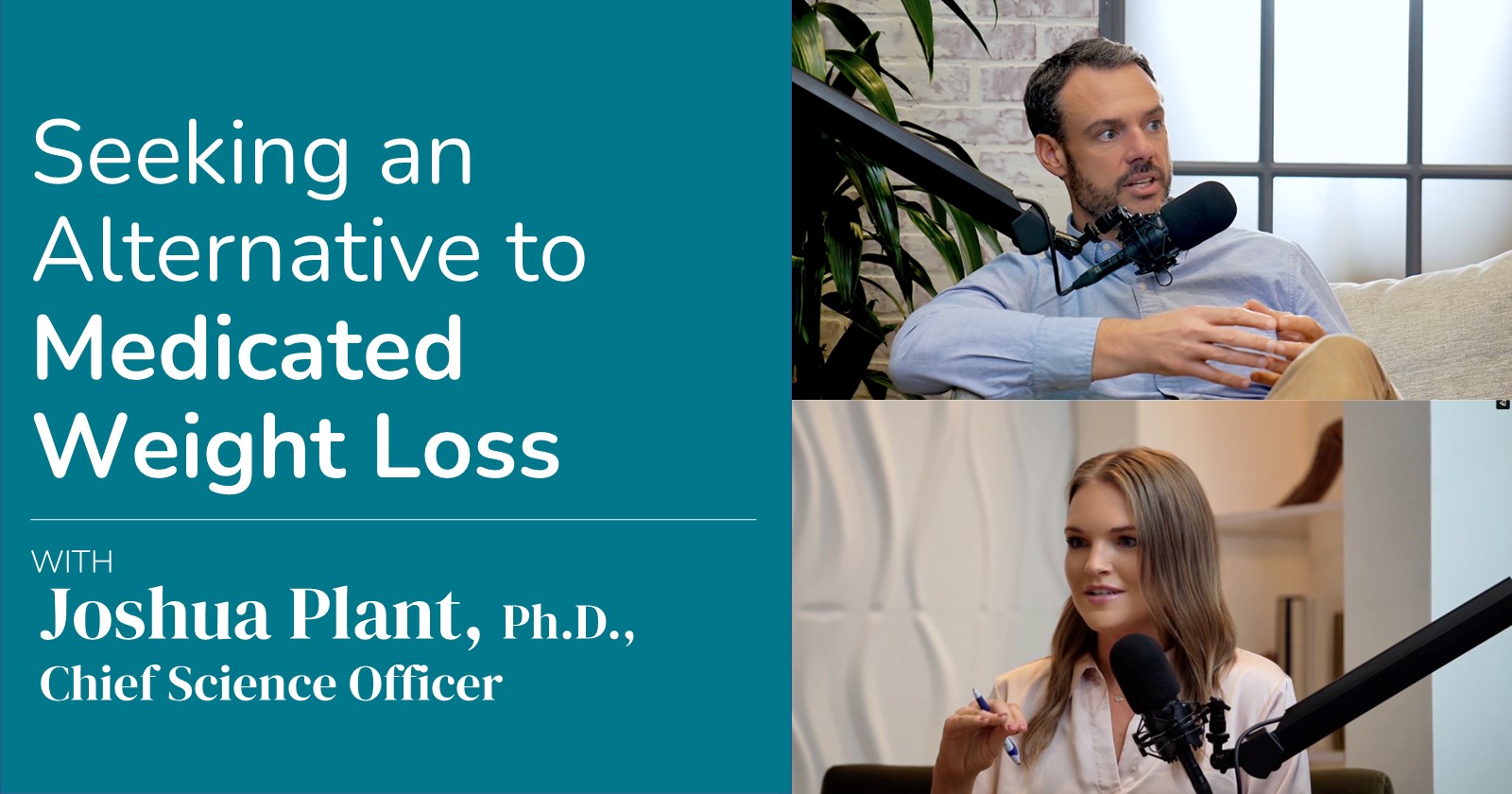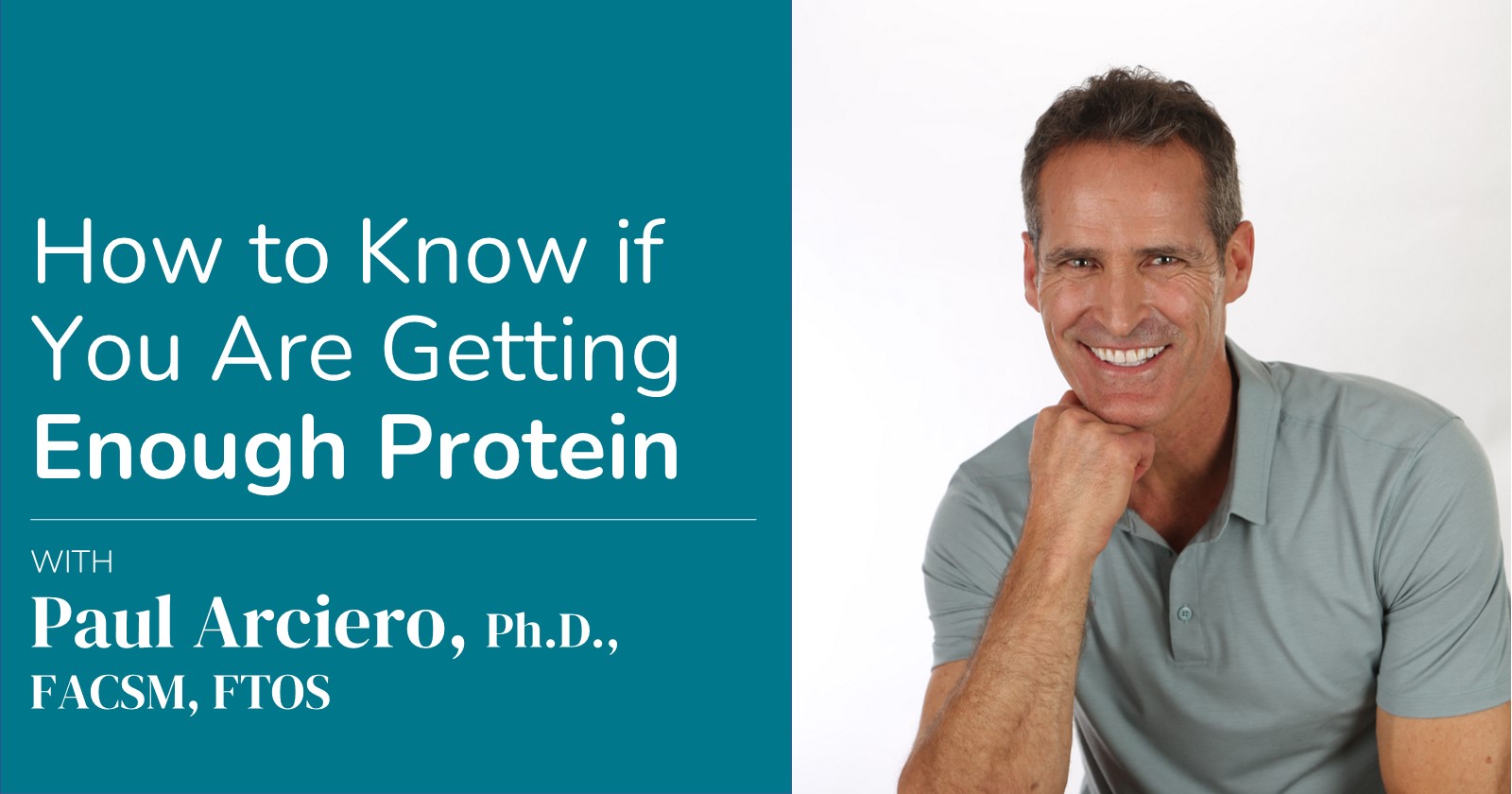If you’re an athlete, or someone who lifts weights, the amount of protein your body can use may be much more than the average daily requirements, a recent study reports (1).
Published in the Journal of Nutrition, Canadian researchers found the average requirement of protein in resistance-trained male subjects to be 2.6 times greater than the current recommendations from the Institute of Medicine.
Using an advanced method of assessing daily protein requirements, the researchers recruited eight male bodybuilders at rest on a non-training day. For two days before the study, all subjects consumed 1.5 grams of protein per kilogram bodyweight. On the study day, the protein requirement was determined by using a special method of tracking amino acid uptake from the blood in response to graded intakes of protein.
The series of experiments found the requirement of protein for these young male bodybuilders to be up to 2.2 grams per kilogram per day. This equates to 2.6-fold greater than the current RDA for protein (2).
Another interesting aspect of this study was that measurements were taken on a rest day, meaning subjects hadn’t exercised. Their protein requirements were still quite high demonstrating that protein intake should stay constant for both training days and off days. The reason for this is that muscle protein synthesis can be elevated for 24 to 48 hours after exercise (3).
Eating Protein Like a Bodybuilder
Despite a number of studies indicating increased dietary protein needs in bodybuilders with the use of advanced scientific methods of protein retention, the Institute of Medicine contends that “no additional dietary protein is suggested for healthy adults undertaking resistance or endurance exercise (2).’’ The organization cites methodological concerns in studies as the basis for this position.
In contrast, athletes today are consuming more protein and view this macronutrient as important for their recovery and performance. It only makes sense, since they place much more stress on their muscular system than the average sedentary person. Muscle is made of proteins and while you cannot “store” protein like carbohydrates and fats, they can be incorporated into muscle when there is a stress. Resistance training is a perfect example of this stress.
The major goal of bodybuilders and many athletes alike is to increase lean body mass, which requires muscle protein building to exceed muscle protein breakdown over time. It’s reasonable to assume that the optimal amount of protein should be consumed over time.
It is also important to appreciate that, although protein requirements are increased for athletes and bodybuilders, so too are those of both carbohydrate and fat (4). For both optimal performance and health, it is important to adjust nutrient intake depending on the total daily energy requirements.
For those training intensely or in a resistance training program, a moderately higher protein intake is not only safe, but appears to be also beneficial. However, it’s not necessary to consume at the level that these advanced bodybuilders in this study. The International Society of Sports Nutrition’s position stand on protein of 1.4 to 2.0 grams per kilogram is ideal (5).
References
- Bandegan A, Courtney-Martin G, Rafii M, Pencharz PB & Lemon PW. Indicator Amino Acid-Derived Estimate of Dietary Protein Requirement for Male Bodybuilders on a Nontraining Day Is Several-Fold Greater than the Current Recommended Dietary Allowance. J Nutr. 2017 Feb 8. pii: jn236331.
- Institute of Medicine, Panel on Macronutrients, Standing Committee on the Scientific Evaluation of Dietary Reference Intakes. Dietary Reference Intakes for energy, carbohydrate, fiber, fat, fatty acids, cholesterol, protein, and amino acids. Washington (DC): National Academies Press; 2005.
- Phillips SM, Tipton KD, Aarsland A, Wolf SE & Wolfe RR. Mixed muscle protein synthesis and breakdown after resistance exercise in humans. Am J Physiol. 1997 Jul; 273(1 Pt 1):E99-107.
- Thomas DT, Erdman KA, Burke LM. Position of the Academy of Nutrition and Dietetics, Dietitians of Canada, and the American College of Sports Medicine: nutrition and athletic performance. J Acad Nutr Diet. 2016 Mar;116(3):501-28
- Campbell B, Kreider RB, Ziegenfuss T, La Bounty P, Roberts M, Burke D, Landis J, Lopez H & Antonio J. International Society of Sports Nutrition position stand: protein and exercise. J Int Soc Sports Nutr. 2007 Sep 26; 4:8.

